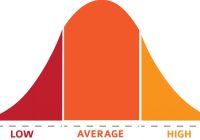Do Value Based Payment Models Really Work?
For those in the value-based payment (VBP) world, we are constantly asking the question; “Is what we are doing impactful and adding value to quality, service, and costs, to those we serve?” A recent study in Health Affairs analyzed 20 years of commercial VBP studies and found mixed results. And from this information, it’s possible to formulate a… Read More »








